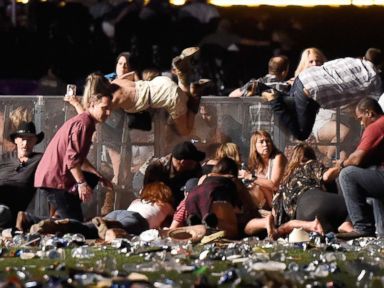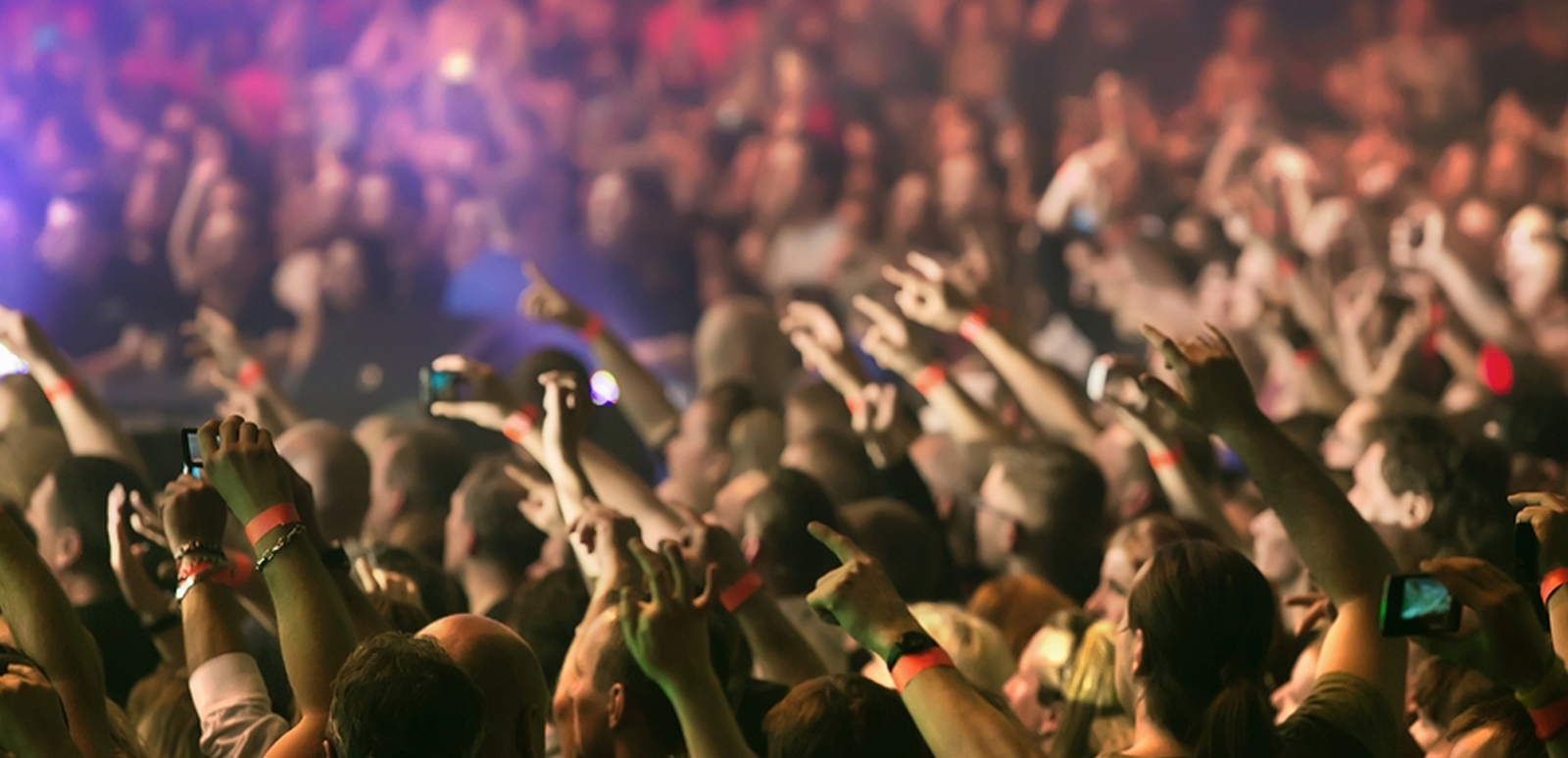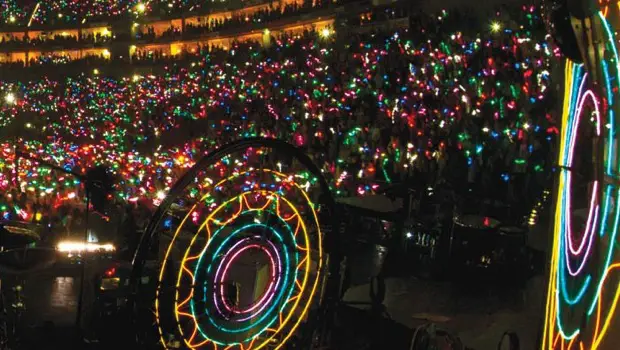
In the Wake of Las Vegas, Expect a Lot More Concert Security
In hindsight, it was just a matter of time before some psycho-turned-sniper did something horrific like we saw in Las Vegas on Sunday. If backpack bombs and automatic weapon-carrying terrorists weren’t enough, concert security experts now have to deal with this new scenario. What does that mean for the future of gigs? Variety takes a look.
Bataclan, the Pulse nightclub, Manchester — and now Vegas. The past two years have seen horrific acts of mass violence at music events, and each one has been different from the other. The November 2015 attack on the Bataclan in Paris that killed 130 people was part of a larger coordinated attack on the city by the Islamic State. Omar Mateen, who killed 49 with automatic weapons at the Pulse nightclub in Orlando, Fla., claimed to be affiliated with ISIS but was a lone actor. In those two cases the individuals were able to overpower security and gain entrance to the venues, but in Manchester — where suicide bomber Salman Abedi, who’d met with ISIS officials in Libya, killed 22 people on May 22 — the incident occurred outside the venue as people were leaving. And in Las Vegas Sunday night, Stephen Paddock (whose connection to ISIS was unclear at press time) killed at least 59 people and wounded more than 500 by firing automatic weapons from windows of the Mandalay Bay Hotel, some 32 floors above Las Vegas Village, an open-air venue on the Strip surrounded by many tall buildings and thousands of windows.
Each incident ratchets up the need for enhanced security — inside a venue, at the entrances, around its outdoor perimeter, now in the buildings that surround open-air venues — and promoters, venue operators, and security need to be ready for anything. These situations are what Prevent Advisors was created to address.



